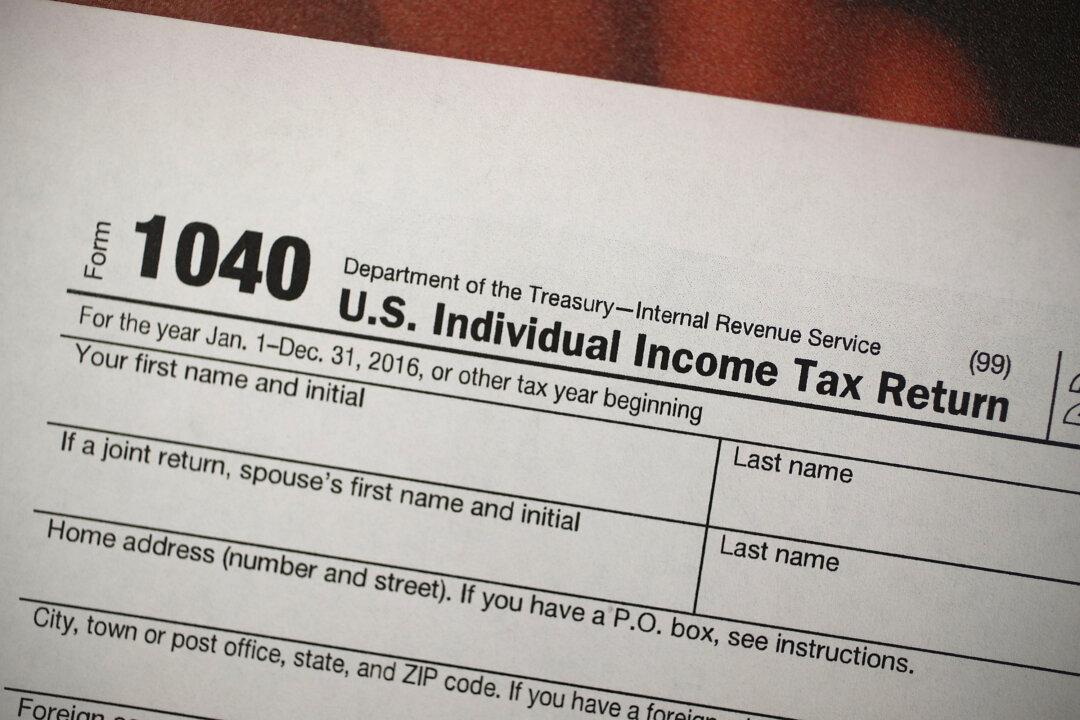The Internal Revenue Service announced Thursday that the agency will begin accepting 2022 tax returns on Jan. 23 and that April 18 is the deadline to file taxes.
In a news release, the agency said it expects that 168 million individual tax returns will be filed this year, and the “vast majority” will be filed before the April 18 deadline. “People have three extra days to file this year due to the calendar,” it said, adding that people requesting an extension will have until Oct. 16 to file.





